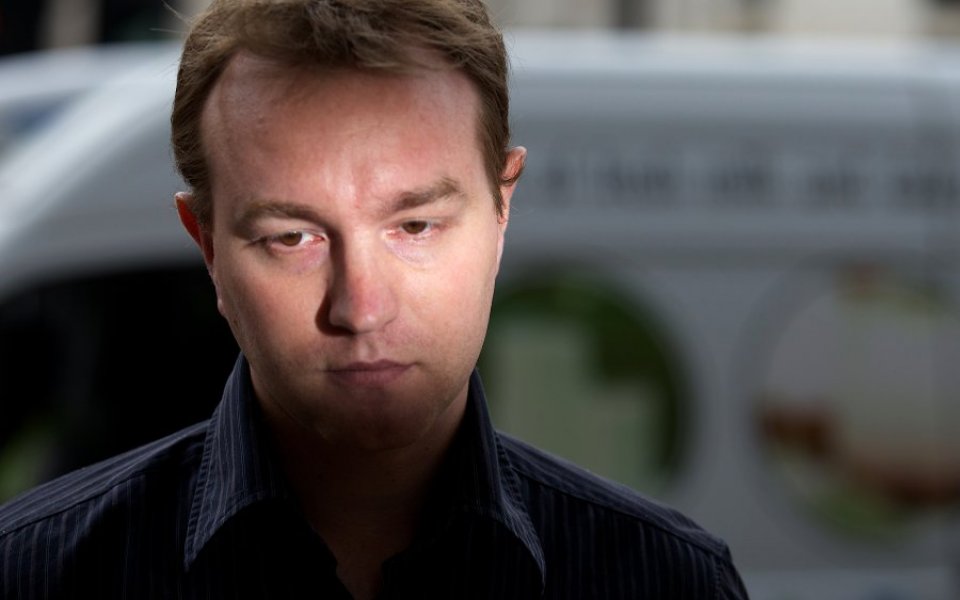New European Union rules to prevent market rigging

New rules have been laid out by the European Union to prevent market benchmarks, like Libor and Euribor, being rigged by banks.
Benchmarks will now be supervised to varying degrees depending on their size, a statement from EU president Luxembourg said.
When applied, the new rules will strengthen confidence in financial markets "preventing new manipulation scandals", Luxembourg's Finance Minister Pierre Gramegna said.
Read more: Lessons still to learn from rate-rigging scandals
The new rules agreed will also introduce a tailored supervision of benchmarks "appropriate to their size and to their nature."
Foreign interest rate indexes will now have to apply for "recognition" or "endorsement" to continue being used in the EU.
They’ll also have to “ensure that European benchmark administrators will not be disadvantaged."
Earlier this year ex-UBS and Citigroup trader Tom Hayes was sentenced to 14 years in prison in London after being found guilty of conspiring to rig the Libor benchmark.
Some of the world’s largest banks, including Barclays, Deutsche Bank, and UBS have been fined billions of pounds since the Libor rigging scandal was first revealed in 2011.
Through rigging the rate banks could alter the pricing of financial products like derivatives and student loans to their benefit.
Negotiators reached a preliminary agreement on the stricter rules after progress stalled two years ago due to concerns about the impact of the new regulation.
The details of the agreement still need to be finalised and representatives of the 28 EU states will have formally to endorse it on 9 December.